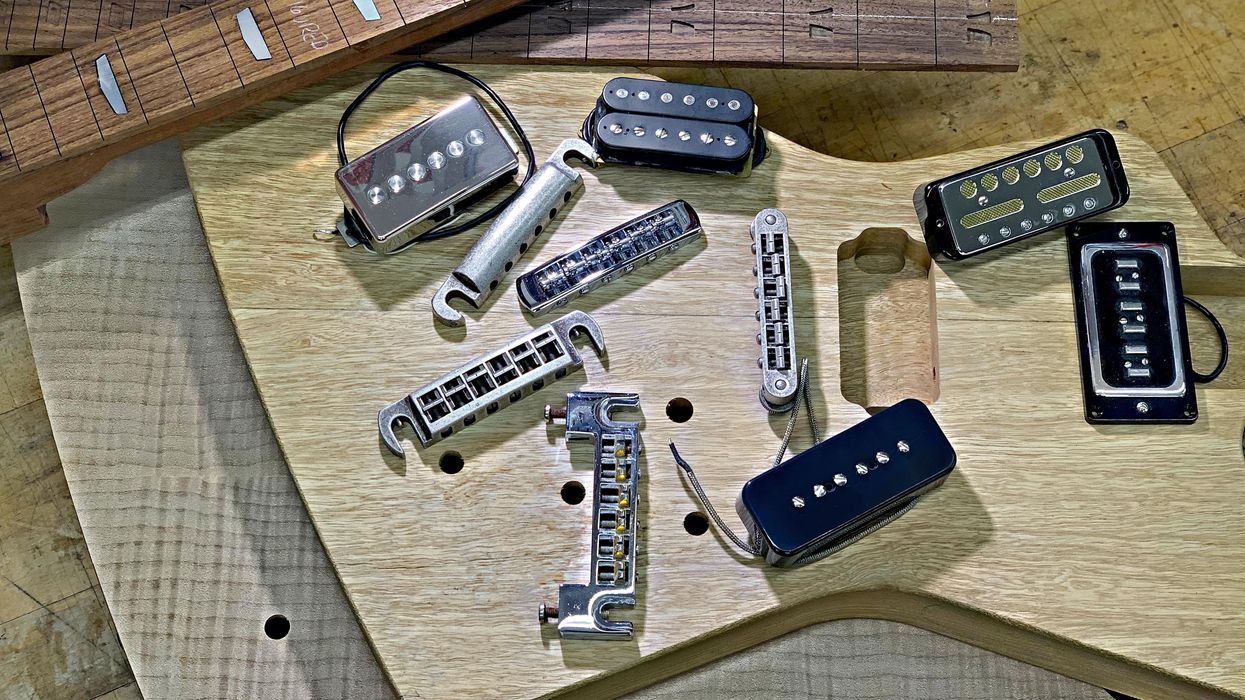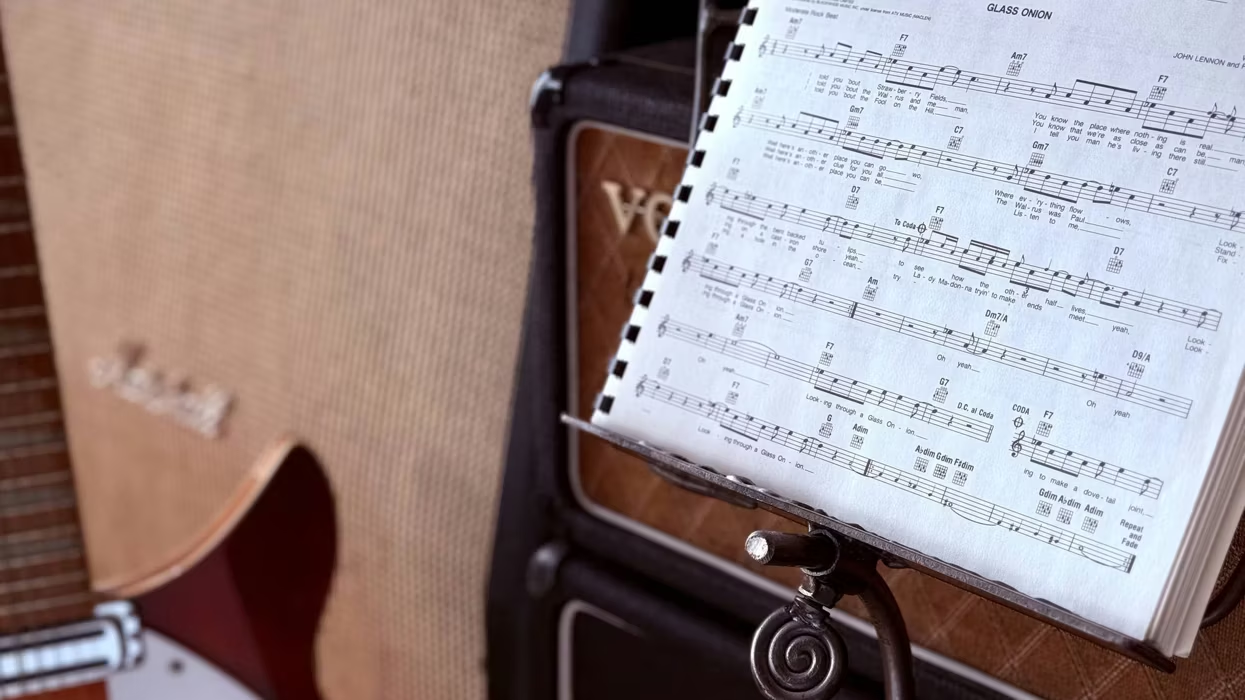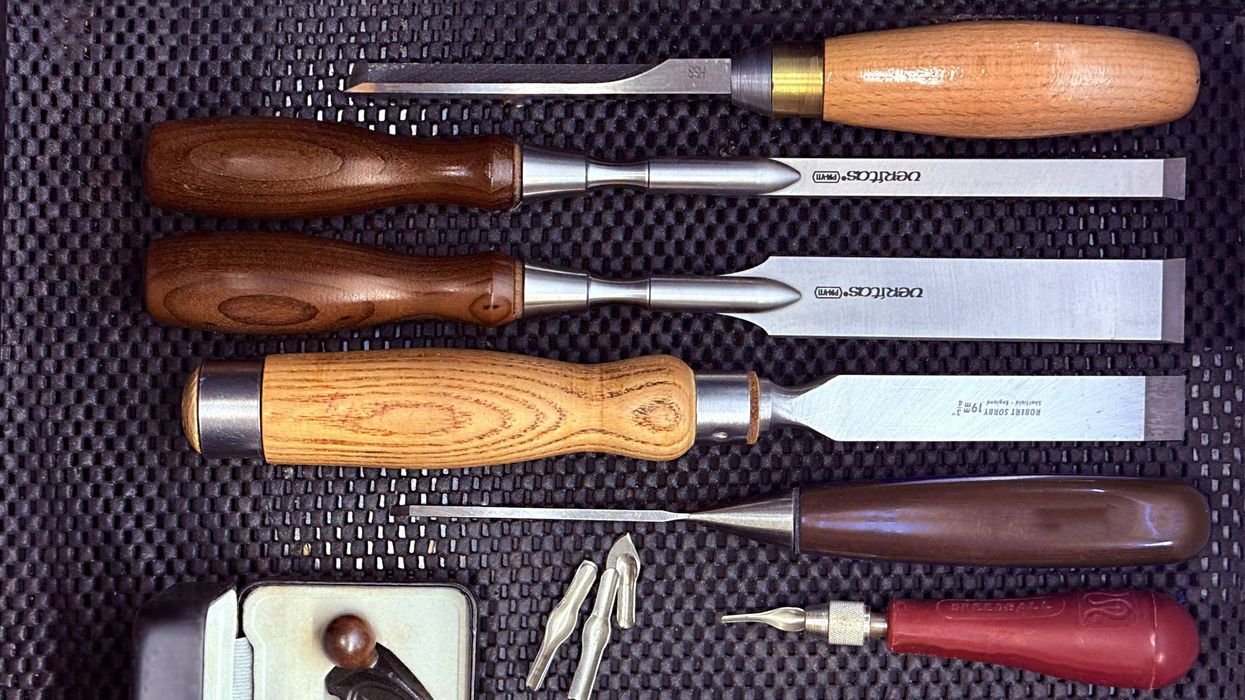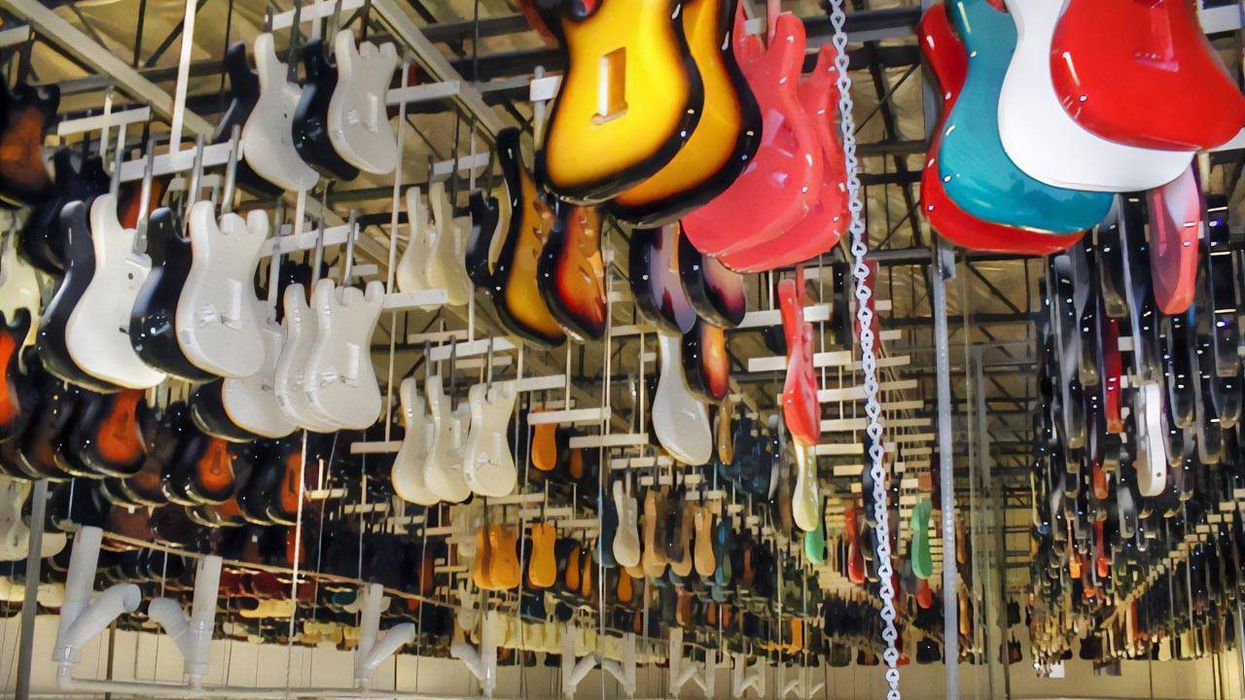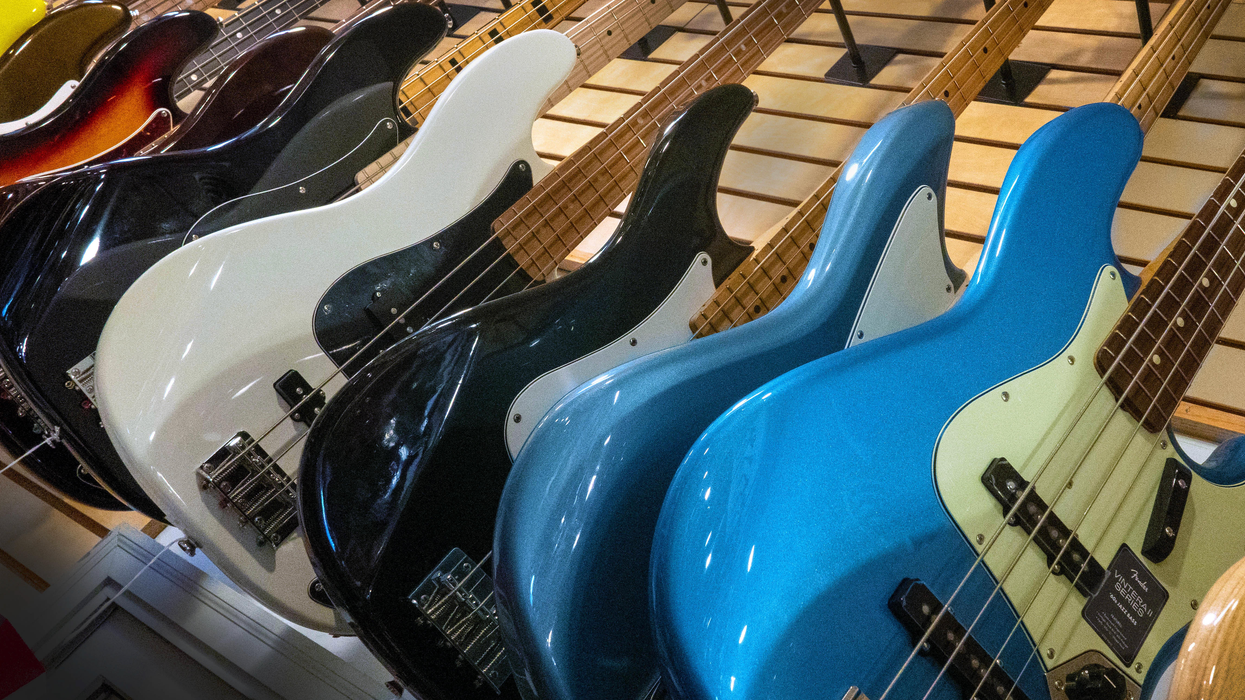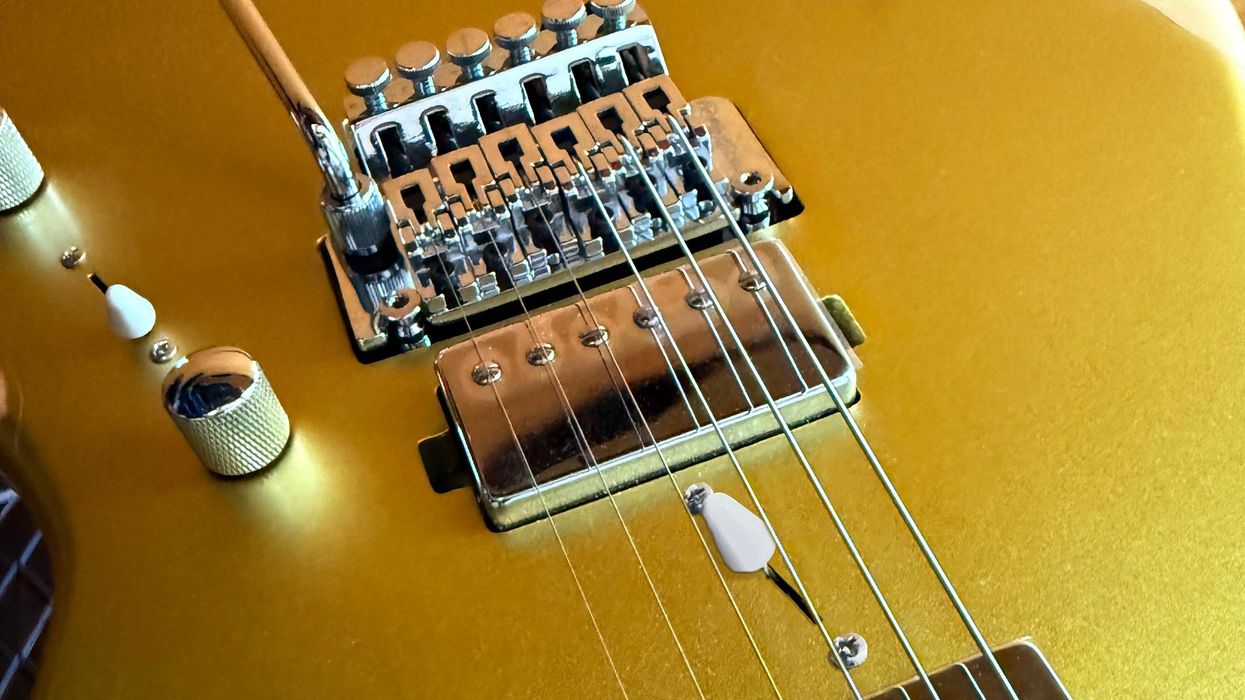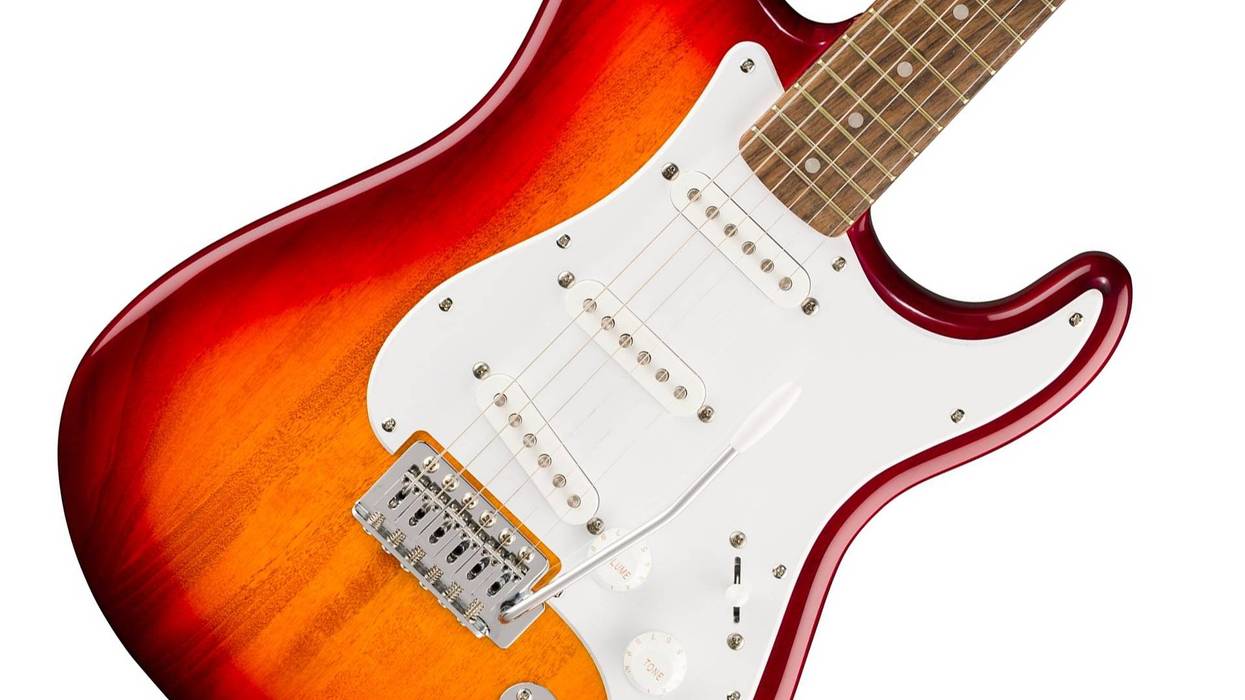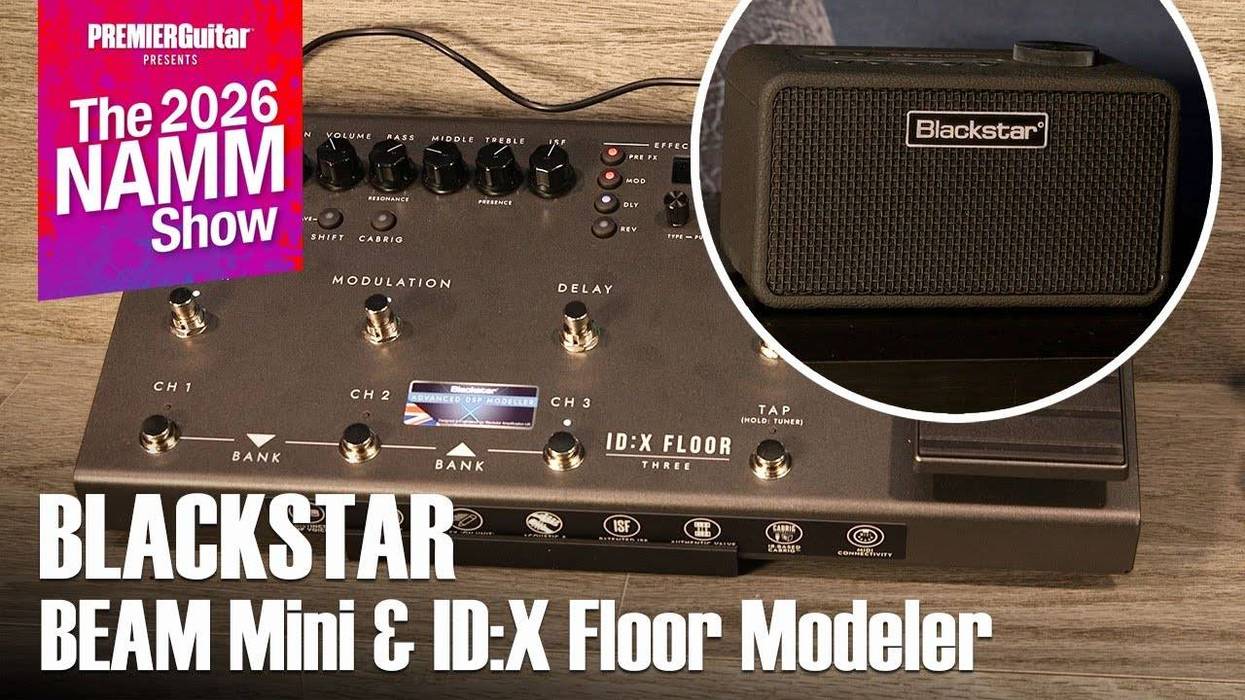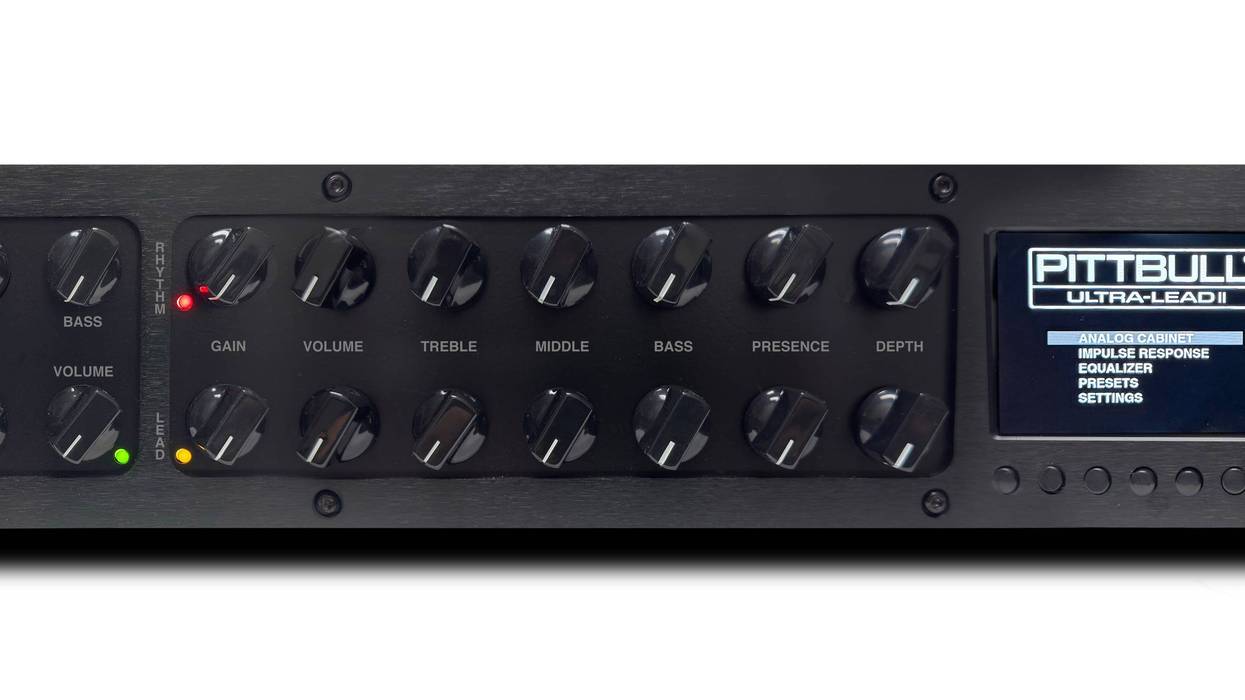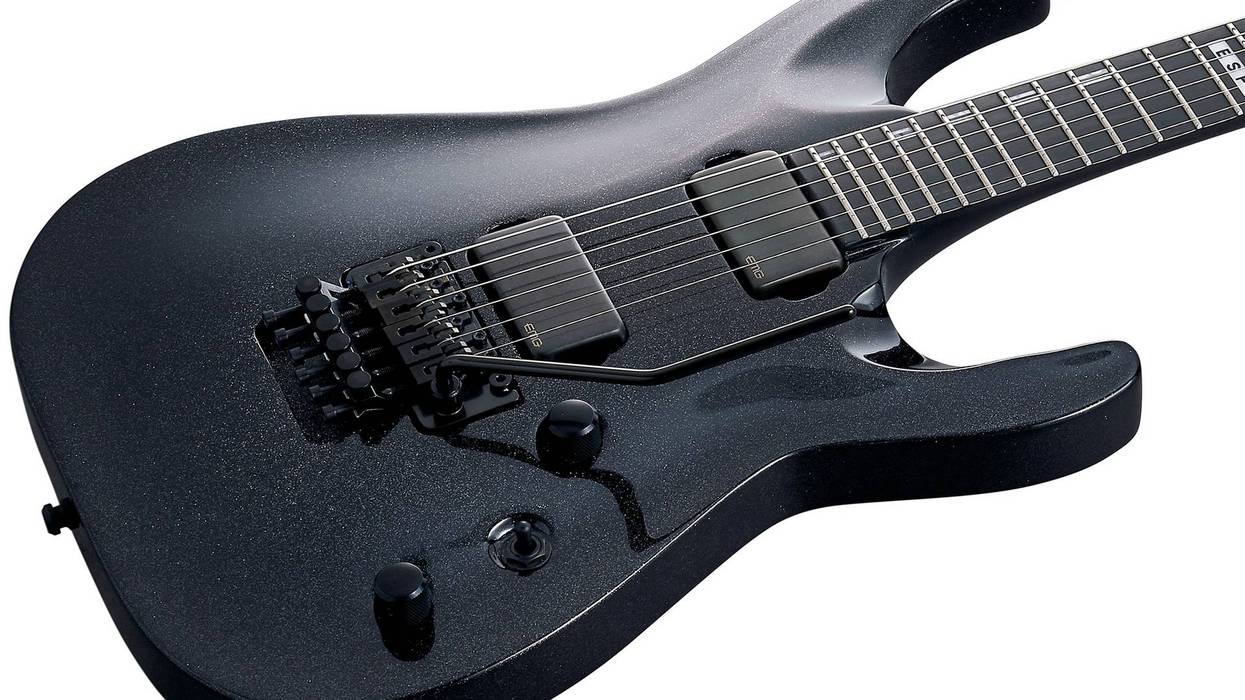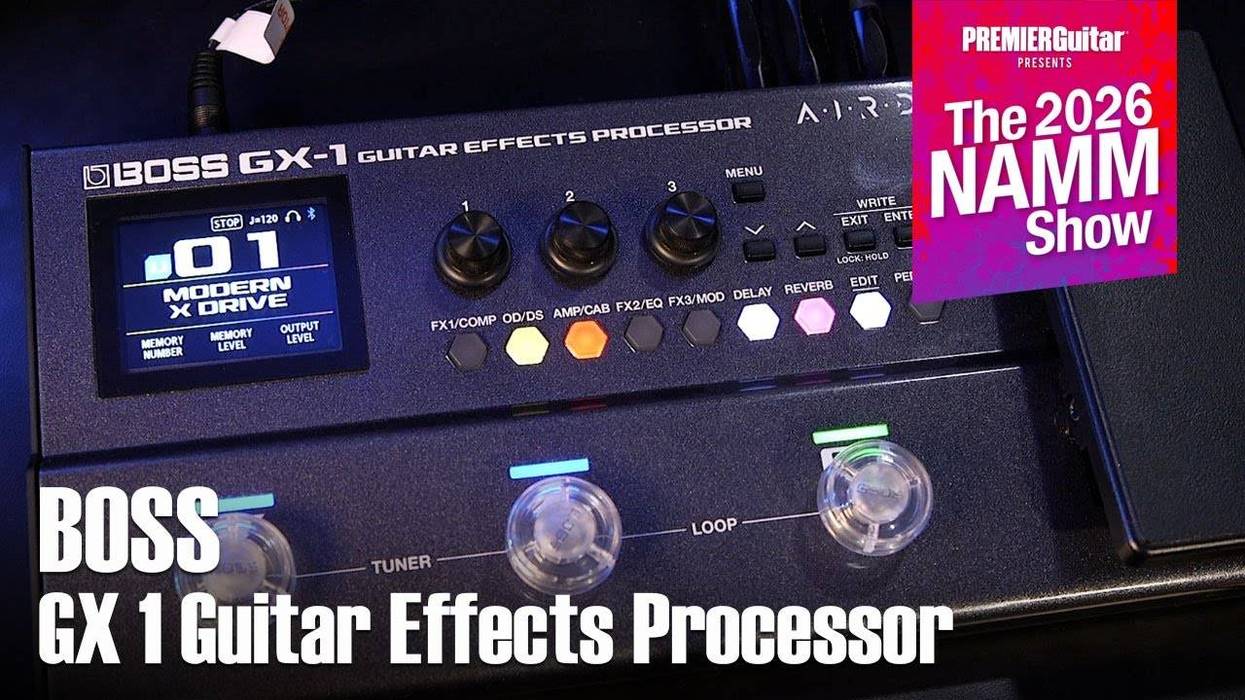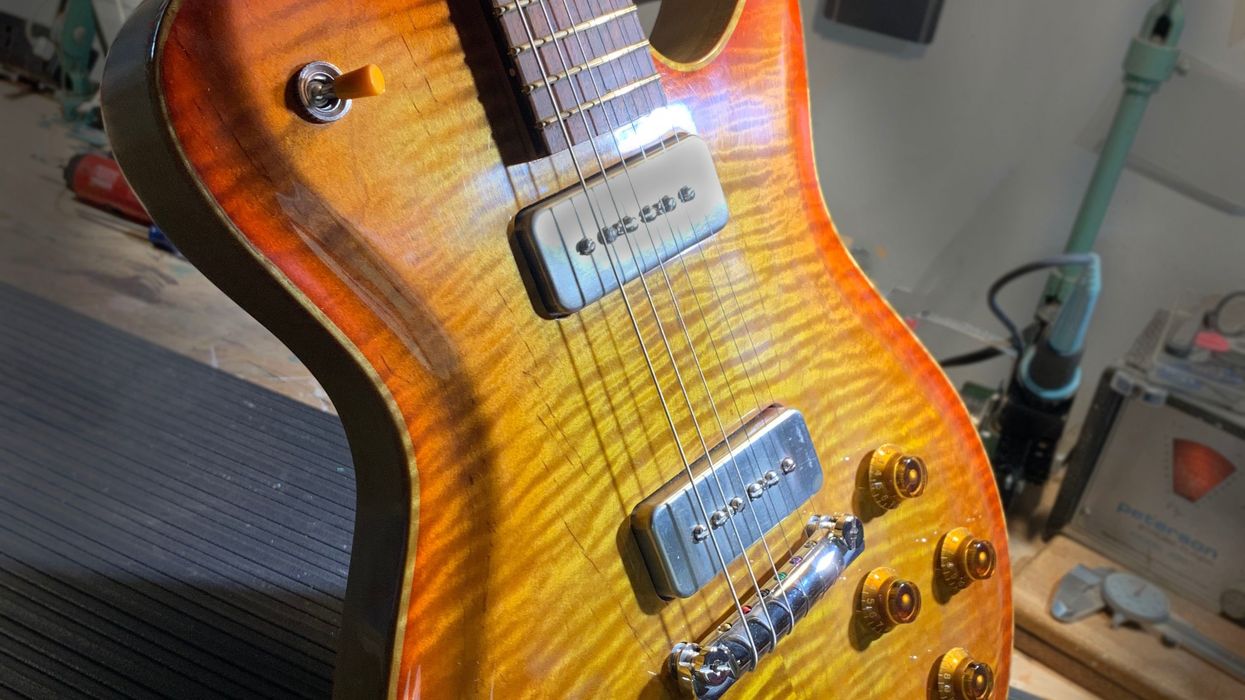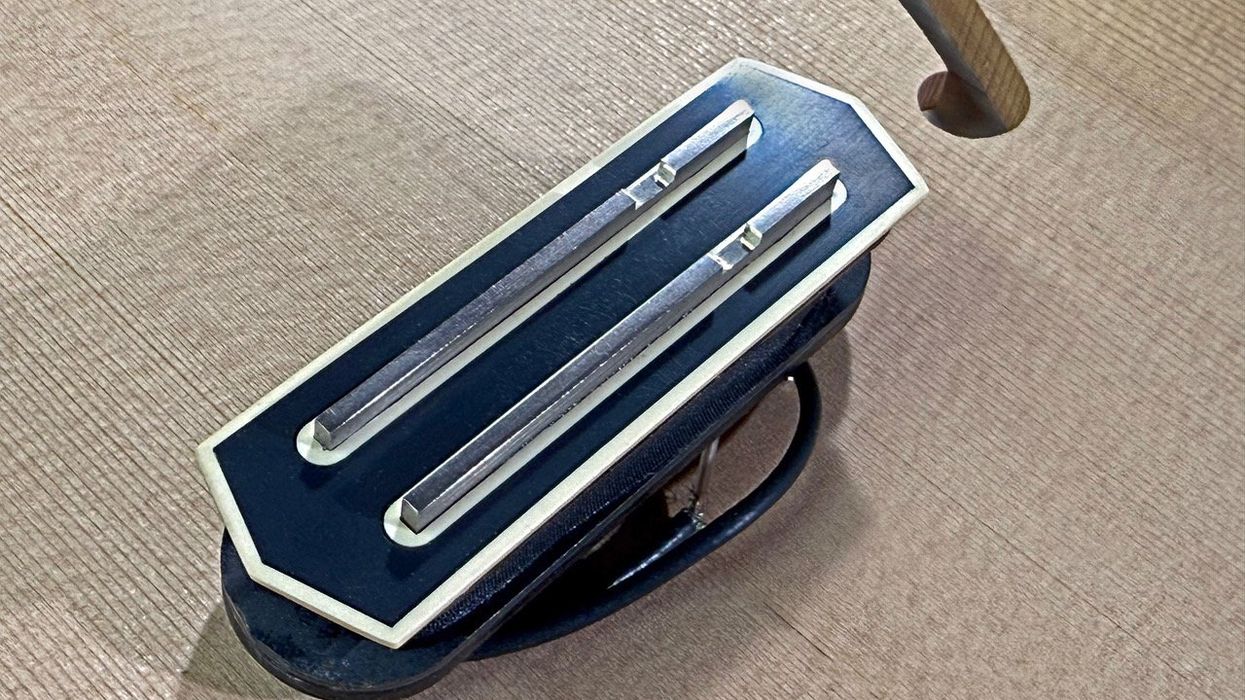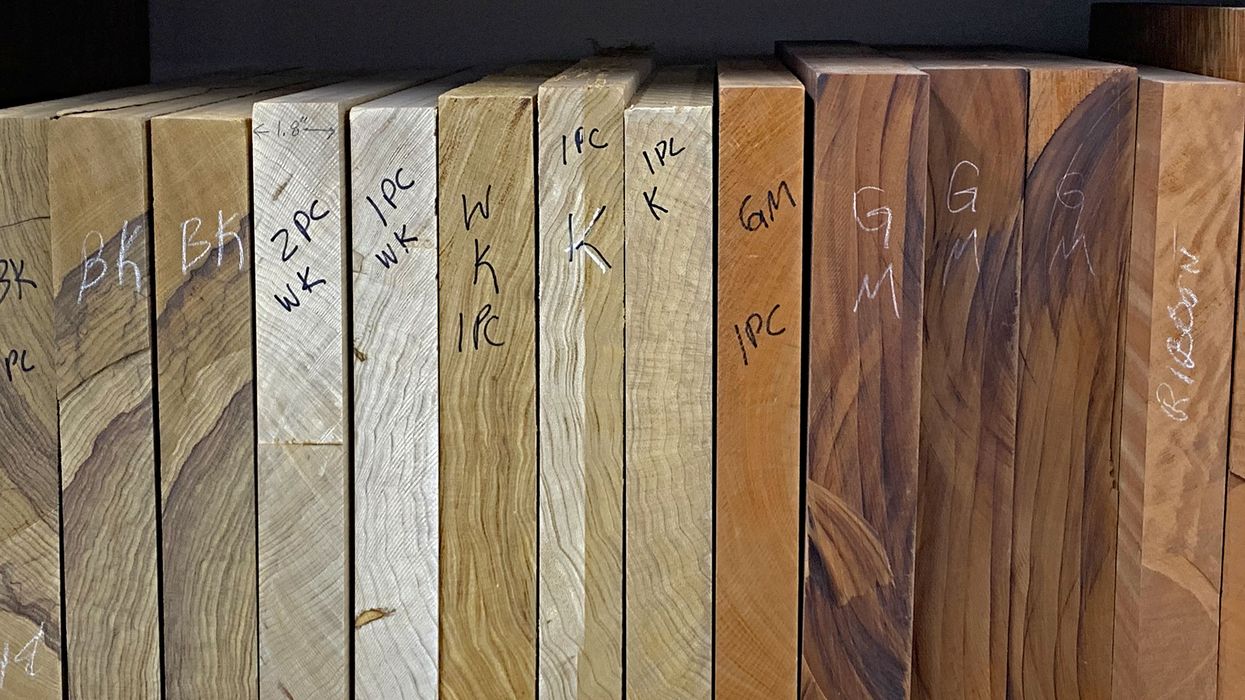One of the best things about being a guitarist is the people you meet and the friends you make along the way. Whether you’re a pro or a weekender, making music attracts a wide variety of people who share your passion for guitar and aren’t afraid to tell you about it. I’ve always been a fan of the swath of characters that wash up on the shores of guitardom, and to say that they can be interesting and entertaining is putting it mildly. It’s pretty certain that when you stop to think of the people you call friends, you’ll find that many are in your orbit because of the guitar. Maybe it’s because the guitar has so many facets and can slot into so many genres of music. It’s a bond that can last a lifetime.
Oddly enough, the instrument itself is a lot like your friends—they all have a personality, and probably no two are exactly the same. Some are old friends that are always there for you. They’re comfortable to be around, and the conversation can make any number of turns without judgment. Those are the ones who will catch you when you fall, as well as bring out the best in you. Other guitars piss you off, but you love them just the same. Sometimes, I wonder why I hold on to certain guitars that I’ve had for a long, long time. Maybe it’s a weird kind of loyalty, or hanging on to memories of good times gone by—like your high-school-locker neighbor.
We all know that a guitar is a pretty simple piece of kit made of wood with steel strings on it. So, what makes them all so different? You can point to the pickups on an electric, but in the scheme of things I contend that’s way down the list. I’d compare pickup choice to choosing the right microphone for a vocalist. In that case, you’d go for the one that brings out the personality of the singer. It’s that very personality that I bond with in any guitar. But where does that personality, or character, come from?
Oddly enough, the instrument itself is a lot like your friends—they all have a personality, and probably no two are exactly the same.
When you break down the guitar form, it actually becomes more complex than you might imagine. Builders juggle a huge number of elements that go beyond the shape of the body or the feel of the neck, although those are important. In some ways, it’s like being a chef with a long list of ingredients and 10 thousand ways to combine and cook them. How thick is the body? What is it made of? Is it hollow or solid? Even how the mass of the instrument is distributed can make a difference—especially when the volume goes up. The surface area of the neck joint and if it is glued, screwed, sloppy, or tight all make a small difference. The truss rod can be a factor by weight and placement. Is it pre-loaded, and by how much? Believe it or not, the volume of space around and under the pickups can affect the sound.
Hardware choice is also a major ingredient, but not in a vacuum, which is how these things are often discussed. The weight of a particular bridge, for instance, might be an improvement on one instrument, but a tone-suck on another. I’ve found that there is a difference between tuning machines that utilize a push-in bushing and an identical tuner that has a screw-down bushing. Headstock angle and size is an influence on resonance, especially when loaded up with weighty tuners. Fret material and dimension can change not only the feel, but the sound of an instrument. Different bridge and tailpiece combinations may require changes in neck-pitch angles, which in turn affects the physics of the string-pull direction and forces on the neck joint and bridge. The list goes on and on.
As much as I’d like to think I understand a lot of what goes on in the construction of my guitars, I also realize that I’m creating an instrument that will be born with an intrinsic amount of variation in character. When viewed as a mechanical ecosystem, it becomes clear that there are an almost endless number of facets that make up the personality of a guitar. Each change may be almost imperceptible on its own, but small changes have a way of adding up to big results. No wonder the aftermarket is thriving, as DIY guitar owners mix and match ingredients to fine-tune their guitar gumbo. It’s gratifying when a brand-new guitar leaves the nest and the new owner doesn’t want to change a thing, but I also understand that sometimes people try to change their friends. My advice is to bring out their best, try not to piss them off, and they’ll be your friends for life.


